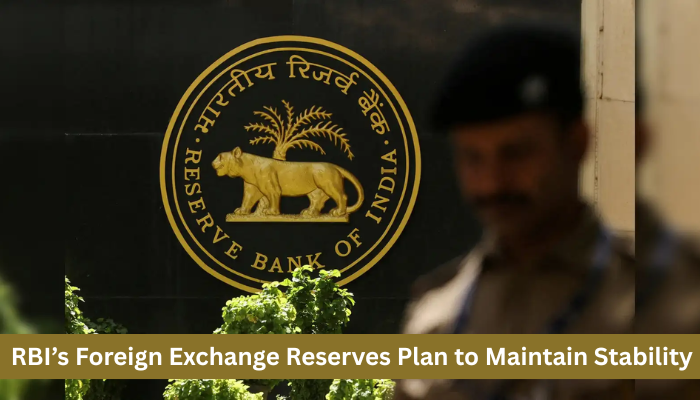Language is more than a means of communication—it’s a marker of identity, culture, and community. In India, a country with 22 officially recognized languages and hundreds of dialects, linguistic sensitivities often shape public discourse and even business decisions. A recent example that has sparked debate is the decision of Bengaluru-based tech entrepreneur Kaushik Mukherjee to shift his office to Pune, Maharashtra, citing what he called ongoing “language nonsense” in Karnataka.

This bold move comes in the wake of a controversial incident at a State Bank of India (SBI) branch in Bengaluru’s Chandapura area, where a bank manager refused to converse in Kannada, insisting instead on using Hindi. The incident, which was caught on video and quickly went viral, triggered widespread backlash from Kannada activists, politicians, and the public.
The SBI Incident: What Happened?
At the heart of this controversy lies a confrontation between a customer and an SBI bank manager. When the customer requested to be spoken to in Kannada, the manager allegedly responded with, “This is India, I’ll speak Hindi, not Kannada.” This statement, perceived as dismissive and insensitive, led to an outcry across the state.
Political leaders like Bengaluru South MP Tejasvi Surya condemned the act, emphasizing that public-facing roles in Karnataka must accommodate Kannada-speaking customers. Karnataka Chief Minister Siddaramaiah also expressed his disapproval, calling the manager’s conduct “strongly condemnable.” He urged the Union Finance Ministry to introduce cultural and language sensitivity training for banking personnel.
As a result of the backlash, the SBI manager was transferred, and both the individual and the bank issued public apologies. In a subsequent statement made in Kannada, the manager promised to be more culturally aware going forward.
The Tech Industry Reacts
The banking incident struck a nerve with many professionals, including Kaushik Mukherjee, the co-founder of a Bengaluru-based tech startup. In a post on X (formerly Twitter), Mukherjee announced plans to move his company’s operations to Pune within six months.
“If this language nonsense is to continue, I do not want my non-Kannada speaking staff to be the next ‘victim’,” he wrote.
His statement underscores a growing concern within the tech and startup communities about linguistic expectations and the risk of alienation for non-native speakers.

Language, Identity, and Public Service
India’s linguistic diversity is both a strength and a challenge. While Hindi and English serve as link languages, regional languages remain dominant in day-to-day interactions, particularly in states with strong cultural identities like Karnataka, Tamil Nadu, and West Bengal.
According to the Kannada Development Authority (KDA), there is a rising trend of non-Kannadigas being posted in customer-facing roles in Karnataka’s banks. This practice, the KDA argues, creates a disconnect with local customers, who expect to be served in their mother tongue.
RBI guidelines mandate that banks provide services in English, Hindi, and the regional language. However, implementation often falls short, leading to friction and misunderstandings.
Business Implications and Cultural Sensitivity
Mukherjee’s decision to relocate raises important questions for businesses operating in multilingual regions:
- How should companies navigate language sensitivities?
- Should linguistic proficiency in the local language be a prerequisite for customer-facing roles?
- How can inclusivity be maintained for both local and non-local employees?
Relocating a business is no small feat, and Mukherjee’s move highlights the extent to which language issues can influence corporate strategy. Pune, another tech hub, offers a more cosmopolitan environment where such challenges may be less pronounced, especially given Maharashtra’s comparatively bilingual work culture.
The Road Ahead
Language will continue to be a critical issue in India’s socio-political and business landscape. While it is essential to respect regional languages and identities, it is equally important to foster inclusivity for those who may not speak the local tongue.
Initiatives like language sensitivity training, balanced staffing policies, and better implementation of RBI norms can bridge the gap. As India’s workforce becomes increasingly mobile and diverse, building a truly inclusive and respectful working environment will be key to sustainable growth.










